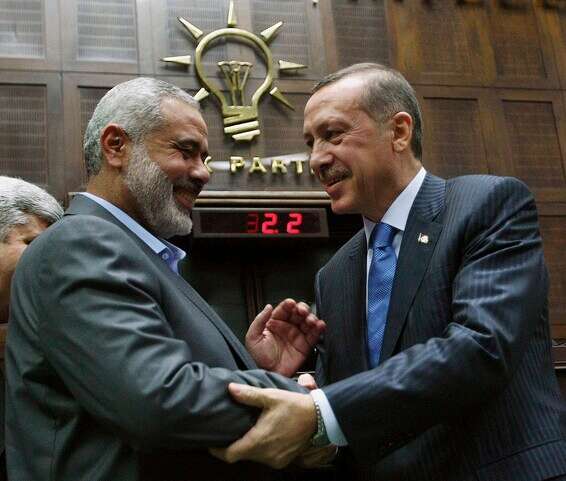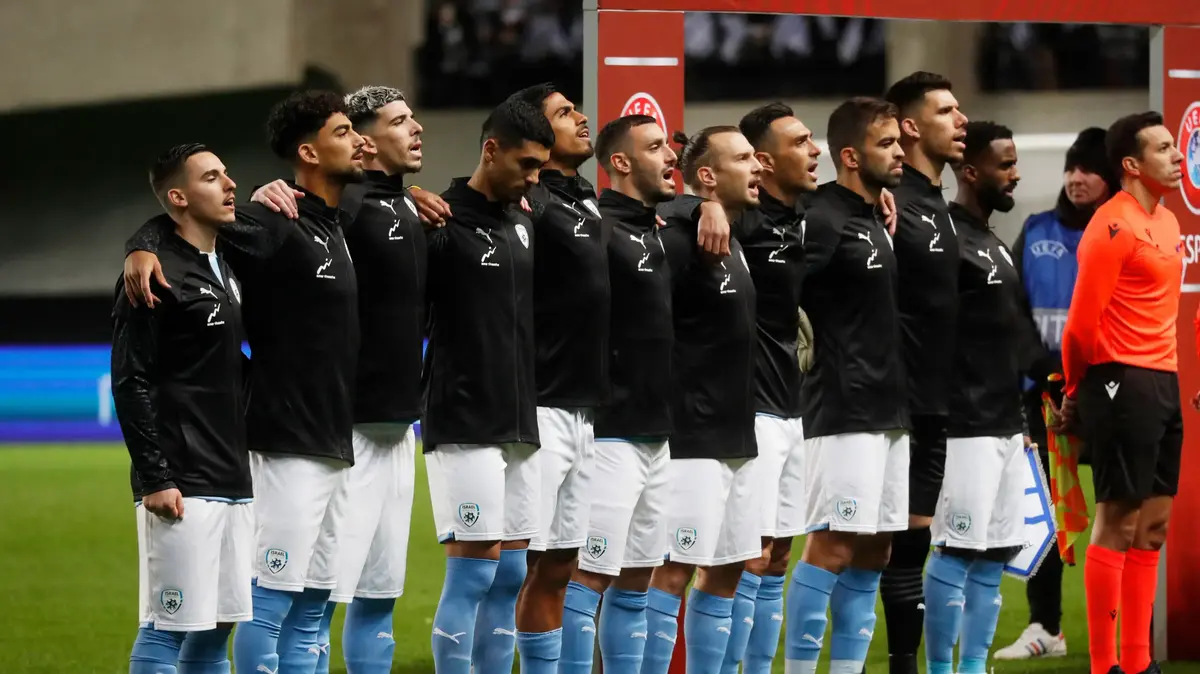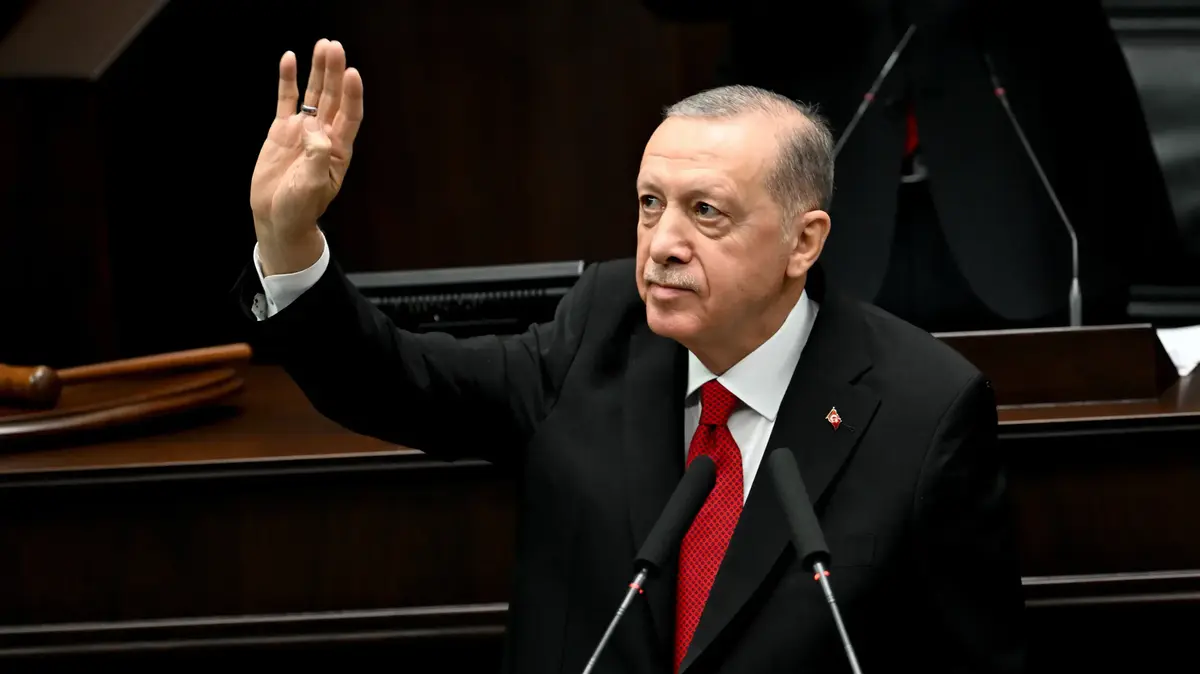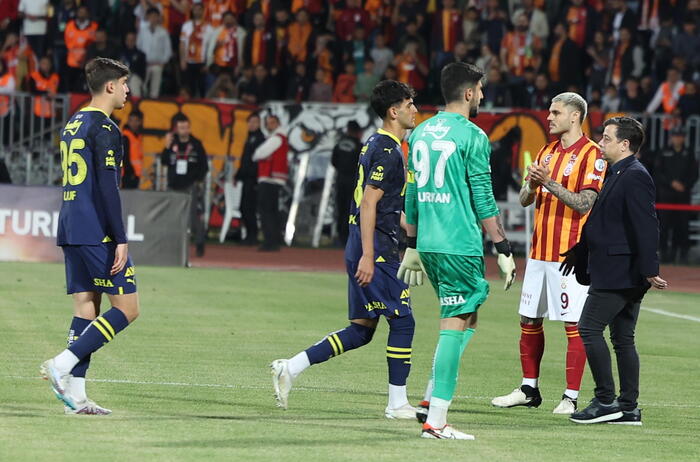The number of Jewish deaths from the virus in the country is 16 times greater than their percentage in the population • Senior investigator: "They are afraid to speak" • Former ambassador: "Erdogan hates Israel hate speech"
Istanbul Ashkenazi Synagogue // Photo Archive: Enzo Ghosh / Ginny
Turkish Jewry is one of the oldest and most magnificent communities in the world. For 17 years now, Jews in the country have been dealing with the control of Recep Tayyip Erdogan, and if so far the concern has focused on the security issue - then in recent months a very serious health challenge has been added - the Corona virus.
At the turn of the last century, Turkish Jewry numbered some 300,000, and it has shrunk to just 17,000 this year - with the estimate that in the coming years their numbers will continue to decline. Most of them live in major cities, Istanbul and Izmir, while some in other cities such as Antakya, adjacent to Syria, as well as a stock exchange. "The mortality rate in the Jewish community from Corona is high in relation to the Jewish population in Turkey," says Israel Today, Carl Valencia, a political commentator on T24 website and the Jewish newspaper "Peace", "We lost dear friends in our community."
More on:
Another Turkish Islamic center - this time near the Western Wall
Temple Mount in HaMoked: Israel, Saudi Arabia and the Secret Negotiations to President President Erdogan
Reconciliation of the century
"Palestine cannot be divided"
Erdoğan's Silent Jihad
According to official data in Turkey as a whole, 4,825 died from Corona, while only 15 of the Jewish community died of the virus - including a synagogue cantor. That is, 0.32% of the dead from Corona in Turkey are Jews, with their share of the general population standing at only 0.02% - 16 times.
On the contrary, it is an unrepresented community in Parliament, and therefore it is difficult to care for its interests. The last Jewish member of parliament was Jeffrey Kimchi who served from 1999 to 1995 - and even then, with important votes, he avoided the fear of anti-Semitism.
Photo: The Facebook page of the Turkish "Heritage" association
"The Jews are afraid of the government like all citizens of Turkey," explains Dr. Hai Eitan Cohen Yanrujak, a modern Turkey researcher at the Jerusalem Institute for Strategy and Security and Tel Aviv University. He adds that "if they speak out against the government - they may close an account. All citizens are on target." The hope in Turkey as a whole is that last year's political turnaround, with the defeat of the Justice and Development Party (AK) in the local elections, will continue to gain momentum until the next general election in three years. "We were surprised," admits Valenci. The results of the local elections, she said, "showed that President Erdogan's powers and powers were never-ending."
"The Corona virus has positively affected Israel-Turkey relations directly and indirectly," says Dr. Omot Koldash, founder of the Near East Institute at the Near Eastern University of Northern Nicosia - the capital of Turkish Cyprus. Landing of Allel in Istanbul and diplomatic declarations. In the indirect pan, he created possibilities for an alternative gas transport route between Israel and Turkey - even through Turkish Cyprus. "
Turkish President Erdogan and Hamas Haniyeh political bureau chief // Photo: IP
"There are indications of a possible thaw between Turkey and Israel, but that is not necessarily due to the Corona," says Guney Ildiz, a BBC commentator and doctoral candidate at Cambridge University. The main reason, he says, "is that relations with Israel have been positively reviewed in all Turkish media, including since the outbreak of the epidemic."
Ildiz adds that there are rumors that have not been verified, but also have not been denied - that senior Turkish and Israeli officials negotiated to reach a deal on the two countries' maritime borders. "Turkey is struggling to find oil and gas in controversial economic zone," the BBC commentator explains To the actions of the Erdogan administration in the territorial waters of Cyprus, "If Ankara succeeds in making Israel hostile to its plans, then it will be a great victory for Turkish diplomacy."
Northern Nicosia, Turkish Cypriot capital // Photo: AFP
What is never-ending in Turkey is anti-Semitism. In a report by Dr. Cohen Yanrojak for the Konrad Adenauer Foundation in Israel, he shows that the citizens of Turkey have branded the Chinese and Syrians as the spreaders of the virus, but have voted on the Jews as "the rich owners of pharmaceutical companies looking to make a fortune from the Corona."
As far as the relationship with Israel is concerned, Ildiz thinks that Turkish public opinion is influenced by two things: first and foremost, the government's position, and secondly, "conspiracy theories and prejudices on Judaism and the Jewish people because of the Turkish religious view". In his opinion, "Changing the tone of the discourse in the government may be of great benefit. In this context, the Erdogan administration does not make it easier for the Jewish people. Even if Erdogan and Israel come closer, the president does not want it to be publicly heard."
The substrate: Neo-Ottomanism
In order to understand Erdogan as a whole and his treatment of the Jews of Turkey, it is better to understand the basis of his platform - the "neo-Ottomanism", which aims to restore Turkey to its status as a regional power. As part of this, his actions are also carried out in Jerusalem, which is revealed in "Israel today". One of Israelis who knows Turkey's President best today is the country's ambassador from 2007 to 2003 and former Deputy Foreign Minister Pini Avivi.
Turkish President Recep Tayyip Erdogan // Photo: IP
"The Ankara government is separating itself from its dealings with Turkish Jews and with Israel. However, I think the community does not feel that," says the former ambassador, who notes that "they are very scared to speak and openly show sympathy to Israel. Who even help Erdogan financially to ensure his treatment of them. "
In his relations with Erdogan, he heard directly from the President of Turkey that "it is very important for him to have contact with world Jewry. He is proud of the fact that the Ottoman Empire has opened its doors to Spanish expatriates. Remember that Erdogan opposes Israel as a political body, he sees neo-Ottomanism as a candle to his feet. "He does not hate Jews, he hates Israel - the essence of having a Jewish state at the heart of the most sacred places in the Muslim world."
BBC commentator Ildiz adds that "anti-Semitism does not only characterize the religious in Turkey, but also the secular." Secular anti-Semitism in Turkey, he says, is "characterized by prejudice, and mixed with feelings against Israel that are actually cover for the same anti-Semitism."
"Erdogan tries not to be perceived as anti-Semitic"
In this context, Dr. Cohen Yanrojak says that "Erdogan is trying not to be perceived as anti-Semitic." $ 1.7 million, which ended in 2015 alone, even though the Jewish community in the city ceased to exist.
On the other hand, according to the senior researcher, "In 2017, when there was tension against the magnometers in the Temple Mount, Erdogan said: 'We could take similar steps', drawing attention to the Turkish synagogues. He also said:' We must not act like Jews in Israel Because they give kicks to those lying on the floor - we're not like that. "
One point that unites Turkish public opinion is the military and its support, especially during the recent peace fountain in northern Syria in the face of the Kurds. Jews do serve in the Turkish army, but apparently they do not participate in the operation in northern Syria because special units operate there that they do not integrate.
Turkish artillery forces in northern Syria // Photo: AFP
"Syria is a threatening factor for both Israel and Turkey," notes Dr. Koldash. ".
Another issue that affects Jews - as part of Turkish society as a whole - is the low-income economy. "The Corona has returned the country to the severe economic crisis that was two years ago," notes Dr. Cohen Yanrujak. "The Turkish pound reached 7.2 for a single dollar."
"As long as I was an ambassador, we made it clear to the Turks that we want the lives of the Palestinians to be good, and so it is now," explains Avivi. Security action with Turkey will not continue.
Hope: Ali Babajan
Meanwhile, Turkish Jews will not say this in a wave, but their hope for change comes from Deputy Prime Minister and former Turkish Foreign Minister Ali Bajjan. The senior politician left the Justice and Development Party last year and, unlike former Prime Minister Ahmet Debutuolo who advocates Erdogan-free "neo-Ottomanism," he believes Turkey must return to being a pro-Western state. To that end, he formed the Justice and Progress Party (DEVA) last March. "Community leaders prefer the Jewish community to remain invisible," explains BBC commentator Ildiz. However, he adds, "Turkish Jews prefer secular policies instead of those of the Justice and Development Party."
As part of the restrictions on democracy, Erdogan makes it more difficult to expose it to the local media. Therefore, Bajan turned to YouTube broadcasts, each with millions of views. In one of his propaganda films, in which he presents his excellent relationship with key figures in the West, the late Shimon Peres also appears. "Besides the goal of going back to the West, Bajan also calls for the release of prisoners who are in prison for violating freedom of expression," notes Dr. Cohen. Inrojac.
Ali Babajan // Photo: Reuters
The final blow to Erdogan's rule may be Babajan's association with the Republican People's Party (CHP). The spring ambassador has been harshly criticized not only for the Turkish president, but also for the opposition. "While the high blocking rate means that a party that gets 9.9% of the vote does not enter parliament," he explains, "but so is the split in the opposition, whose overall power is greater than Erdogan's - makes you always lose. That's because she doesn't have an agreed leader."








